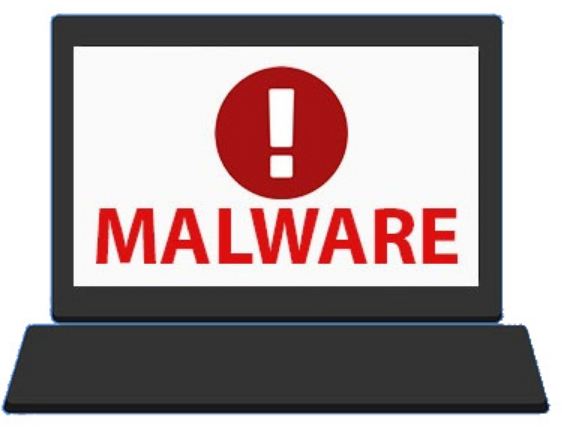The first part of the word ‘malware’ derives from the Latin word ‘malus’, meaning ‘bad’ or ‘evil’. And that’s exactly what malware is.
It’s a blanket term used to describe the various kinds of harmful programs that are waiting in cyberspace to pounce upon your computer as soon as it goes online. And some times of malware are often delivered on floppy disks or cd rom-s and other kinds of portable data storage devices, too.
What kinds of malware should you be wary of? In how many ways can your computer get bust? It’s a rather morbid exercise to count this, but it’s something that needs to be done, for the sake of your awareness about computer security.
If you don’t know what to protect yourself against, you can’t protect yourself. Here’s a brief description of each type of major malware out there in the wild.
First and foremost there are viruses. What are viruses? Computer viruses are not actual live creatures. But a type of program written for the purpose of bringing harm to your computer.
From the relatively benign viruses that do little more than pop up annoying messages on your screen to the really nasty ones that can erase your whole hard drive and even deal damage to your hardware, there are literally millions of types of viruses out there.
Not all of them are equally popular, and new ones keep getting written every day. Computer viruses normally attach themselves to other programs and get activated when those programs are activated.
Like real biological viruses, they also have the power to replicate make copies of themselves and thus increase in number. If you remember the character called Agent Smith in the Matrix movies, you’ll know what I mean.
Then there are worms and trojans. These are very similar to viruses, except they are generally more deceptive and destructive. A worm is a virus-like program that has the added advantage of not needing a host program which it can infect.
A worm is not confined to one computer but targets a network. Particularly malicious worms can jam the internet for weeks, and damage millions of computers worldwide.
It has been estimated that an unprotected computer running the Windows operating system is likely to get infected by a worm within two and a half minutes of connecting to the internet.
A trojan is named after the famous story in the Iliad where the Greek soldiers hiding inside a large wooden horse that the Trojans innocently carry inside their fortified city. The soldiers come out at night and burn everything down.
Similarly, a Trojan is a virus-like program that hides inside other legitimate programs and comes out to catch you unawares.
In recent times another type of malware has become a very worrying trend. This is a type of program that pretends to be useful or maybe even does something that you find useful.
But at the same time, it has a hidden function it sends sensitive information stored on your computer to those who made the program.
This information may contain something as relatively harmless as your internet browsing pattern (which advertising companies, for instance, can use to make their ads more appealing to the general public) or something as classified as your credit card number (you know what they can do with that).
That is a brief survey of the major kinds of malware that bother computer users at present. There are steps you can take to get rid of malware, but that is the subject of another article.

